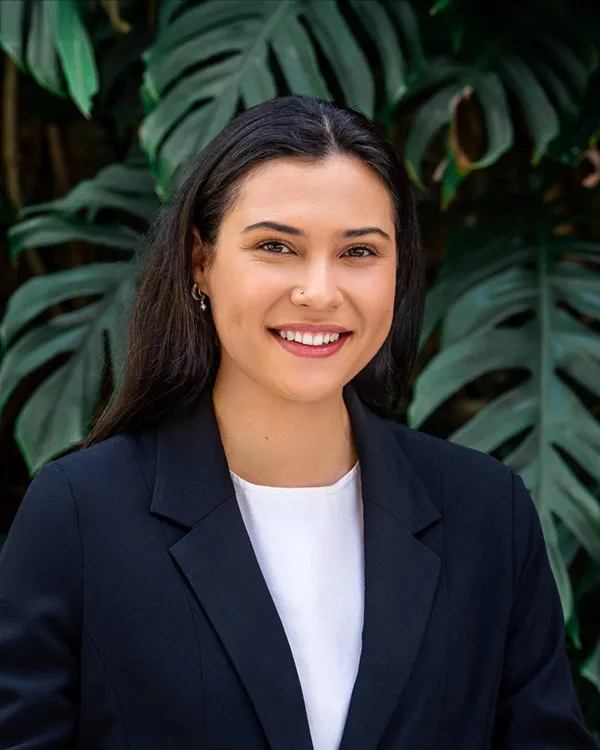Overview
Body corporate disputes may involve a range of issues between individual unit owners, unit owners and a body corporate, or unit owners and/or a body corporate and neighbours of a community title (also known as strata) complex.
Common Dispute Areas
Disputes typically concern the calculation and payment of levies, lot entitlements, by-laws (including by-laws concerning smoking, pets and parking), services and facilities, property damage, maintenance and use of common property, overhanging trees and drainage problems, noise, and other complaints or issues between unit owners.
The Importance of Conciliatory Approaches
The nature of body corporate and community living makes it essential to foster amicable relationships between parties, underscoring the value of conciliatory dispute resolution. This approach is reinforced by the Body Corporate and Community Management Act 1997 (Qld), which mandates dispute resolution processes for body corporate disputes.
Steps for Self-Resolution
Ordinarily, a party involved in a body corporate dispute must first attempt to resolve the issue internally before seeking external resolution. Self-resolution attempts may include communicating with the other party, notifying the body corporate committee in writing, or raising the matter at a general meeting.
Internal Dispute Resolution Schemes
Some bodies corporate have established their own internal dispute resolution processes, which should be followed before escalating the dispute. These processes often include appointing a central contact person to log complaints, setting response timeframes, and using external mediators to assist in resolution.
Conciliation and Adjudication with the BCCM
In Queensland, unresolved body corporate disputes are generally referred for conciliation or adjudication through the Office of the Commissioner for Body Corporate and Community Management (BCCM). An application is lodged, and the other party can respond through written submissions.
Conciliation Process
Conciliation involves an independent conciliator with knowledge of body corporate law who assists the parties in reaching a resolution. If conciliation is unsuccessful, adjudication may follow.
Adjudication Powers and Possible Orders
When determining a dispute, an adjudicator (either a specialist or BCCM-appointed) may request additional information, interview involved parties, or inspect body corporate records and common property. BCCM adjudicators have the authority to issue ‘just and equitable’ orders, which may include declarations regarding meeting motions, by-laws, or specific maintenance requirements.
In determining a dispute, the adjudicator, who either may be a specialist adjudicator or a BCCM adjudicator, has the power to:
- request additional information such as an expert report;
- interview parties involved in (or that may assist with determining) the dispute;
- inspect body corporate records and lots and common property in the community title scheme.
Appeal Process
Matters may be referred on appeal to the Queensland Civil and Administrative Tribunal, and in limited circumstances, to a Court.
Our Expertise in Body Corporate Matters
Our lawyers have extensive experience with a wide range of body corporate issues. We assist large and small body corporate complexes, committees, lot owners, body corporate managers, and developers, ensuring informed, compliant, and practical outcomes in complex situations.


